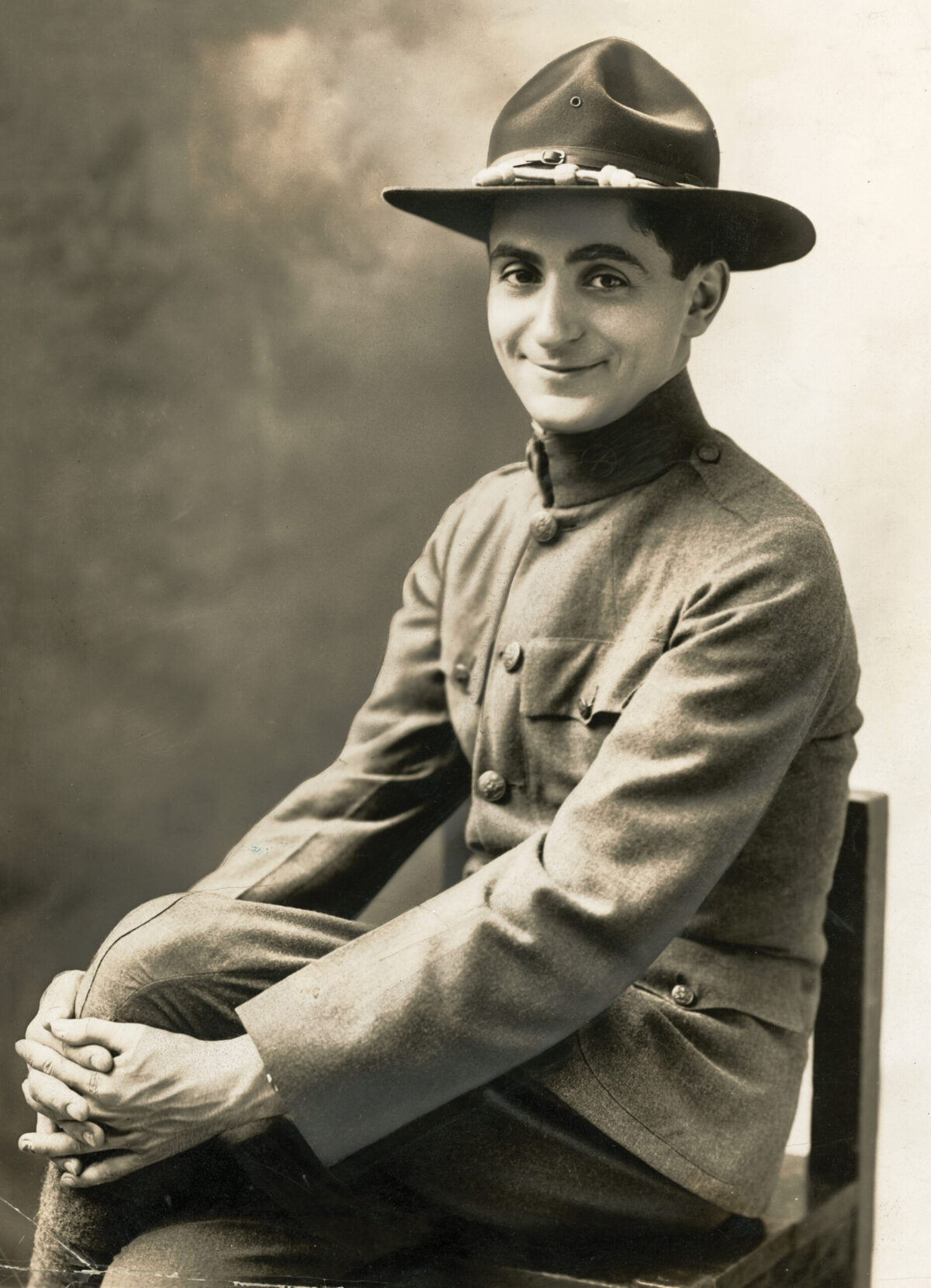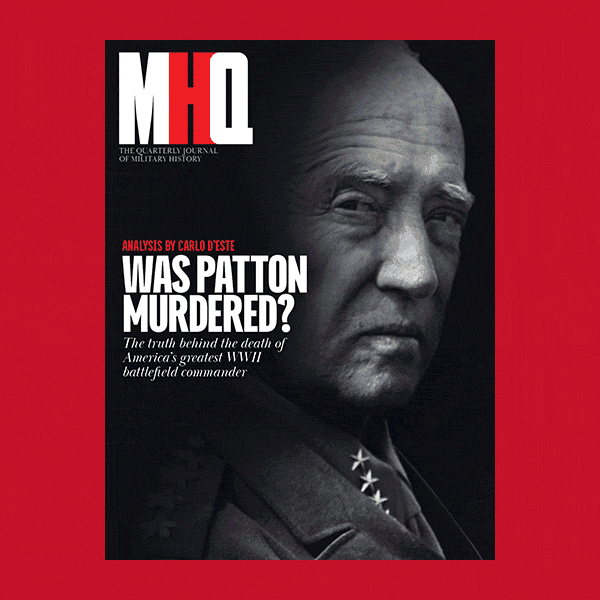A night owl’s lament about wanting more sleep became an unexpected hit song in 1918 with lasting popularity. Irving Berlin’s “Oh! How I Hate To Get Up In The Morning,” swept across music halls in World War I and was performed all over the U.S. in World War II.
Perhaps America’s most influential composer, Berlin was born Israel Beilin to a Jewish family in Russia and emigrated to New York City at age 5. He became a singer as a teenager living a hardscrabble existence on the Lower East Side, performing songs and parodies in music halls and nightclubs. Berlin won the hearts of audiences and quickly rose to fame in the city’s “Tin Pan Alley” as a composer and singer. His 1911 hit, “Alexander’s Ragtime Band,” sparked a wild craze for what was then seen by older folks as “scandalous” dancing. Berlin was a rising star.
World War I turned Berlin’s world upside down. Drafted into the U.S. Army and packed off to Camp Upton in Yaphank, Long Island in 1918, he was reduced to despair at being dragged out of bed at the crack of dawn. Berlin preferred moonlit streets, crowded clubs and staying up late to write music.
“There were a lot of things about army life I didn’t like, and the thing I didn’t like most of all was reveille. I hated it. I hated it so much I used to lie awake nights thinking about how much I hated it,” he later said. Needing to vent, Berlin expressed himself with a song that was not so much an artistic effort as an ode to drowsy grumpiness. It incorporated reveille into its refrain.
Oh! How I hate to get up in the morning, Oh! How I’d love to remain in bed; For the hardest blow of all, is to hear the bugler call: Youv’e got to get up, You’ve got to get up, You’ve got to get up this morning!
Someday I’m going to murder the bugler, Someday they’re going to find him dead; I’ll amputate his reveille and step upon it heavily, And spend the rest of my life in bed.
The song spread like wildfire. It appeared in a 1932 Betty Boop cartoon as well as Berlin’s popular 1942 Broadway show, “This is the Army.” Although Berlin wrote many other hit songs, including “God Bless America,” and received a Congressional Gold Medal for his achievements, his anti-morning ballad is among his most famous.






